
Semantic SEO Strategy - AI-Powered SEO Optimizer
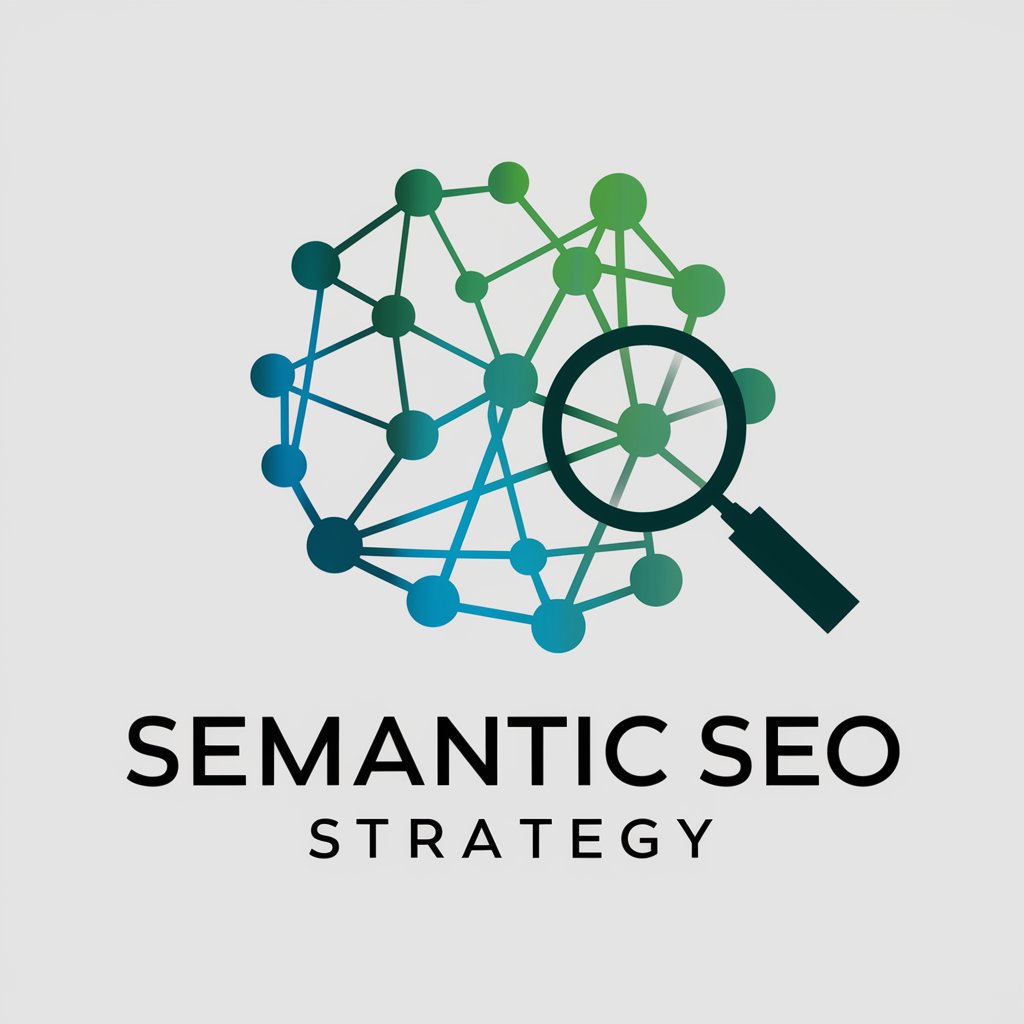
Welcome to Semantic SEO Strategy, your guide to advanced SEO.
Elevating Content with AI-Driven SEO Insights
Design a website header that illustrates...
Generate a content brief focusing on...
Create an infographic that explains...
Develop a keyword strategy that incorporates...
Get Embed Code
Understanding Semantic SEO Strategy
Semantic SEO Strategy focuses on enhancing web content's semantic relevance and authority, ensuring it comprehensively covers topics and their related queries, entities, and attributes. It goes beyond keyword matching, delving into understanding and fulfilling the user's search intent, and establishing a topical authority within specific knowledge domains. By analyzing and applying advanced SEO concepts like contextual borders, content briefs, and entity attributes, this strategy aims to create a more meaningful and connected web presence that search engines can recognize and prioritize. Powered by ChatGPT-4o。

Core Functions of Semantic SEO Strategy
Topical Authority Establishment
Example
Building a website's authority on retirement planning by creating interconnected content on 401(k) plans, IRA types, and retirement savings strategies.
Scenario
A financial advisory firm uses Semantic SEO to dominate search results in retirement planning, linking detailed guides and articles that cover all facets of the topic.
Semantic Content Network Development
Example
Designing a web of content that addresses all aspects of 'sustainable living', from energy-efficient appliances to green building materials.
Scenario
An eco-friendly products company structures its site's content to cover extensive topics on sustainability, helping it rank for a broad array of related queries.
Query and User Intent Matching
Example
Analyzing search behaviors and crafting content that addresses the specific questions and needs of users searching for 'best running shoes'.
Scenario
A sportswear retailer uses semantic analysis to create content that caters to various aspects of running shoes, including comfort, durability, and performance, thereby aligning with diverse user intents.
Target User Groups for Semantic SEO Strategy
Content Marketers and SEO Professionals
Experts aiming to optimize content to match the nuanced user search patterns and intent, ensuring high relevance and search rankings.
Business Owners and Webmasters
Individuals looking to establish their brand's authority in a specific domain and attract qualified traffic to their websites.
Digital Marketing Agencies
Agencies that strategize and implement comprehensive SEO plans for clients, leveraging semantic SEO to enhance online visibility and authority.

Utilizing Semantic SEO Strategy
Initial Access
Visit yeschat.ai for a free trial without login, also no need for ChatGPT Plus, allowing easy access and exploration of Semantic SEO Strategy features.
Understand the Basics
Familiarize yourself with core concepts of Semantic SEO such as contextual relevance, entity-based optimization, and the importance of comprehensive, factual content.
Analyze Current SEO Status
Use the tool to evaluate your current website's semantic structure, identify gaps in topical authority and areas for improvement.
Implement Strategies
Apply insights gained from the tool to enhance website content, focusing on entity relationships, contextual depth, and aligning with user search intents.
Monitor and Adapt
Regularly review the tool's feedback on your SEO performance and adapt your strategy accordingly to maintain topical relevance and search engine visibility.
Try other advanced and practical GPTs
Talk to Semantic Scholar
Unleash research potential with AI-driven insights

Semantic Sage
Clarify Text with AI
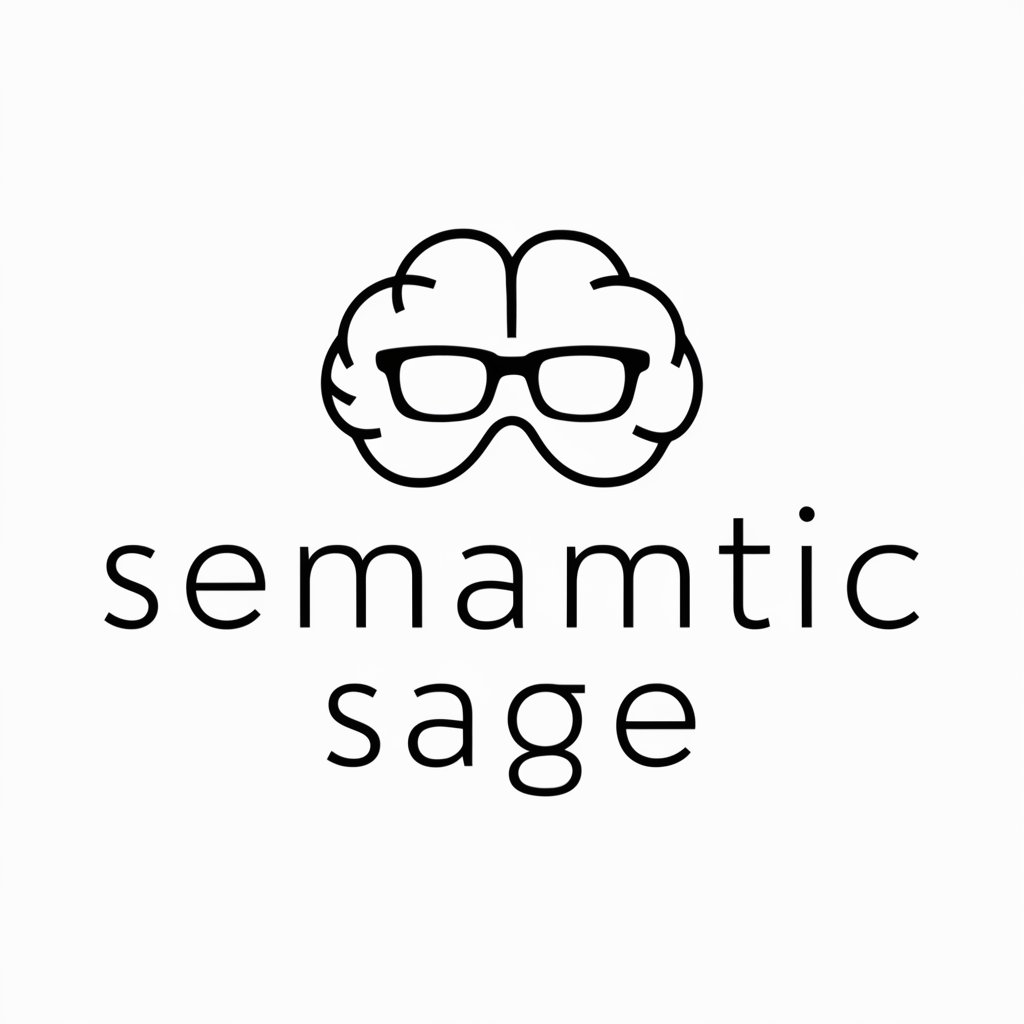
PDF Data Extraction to Excel
AI-powered PDF to Excel conversion tool

KPSC Classifier Customizing Assistent
Streamline SAP with AI-powered custom settings
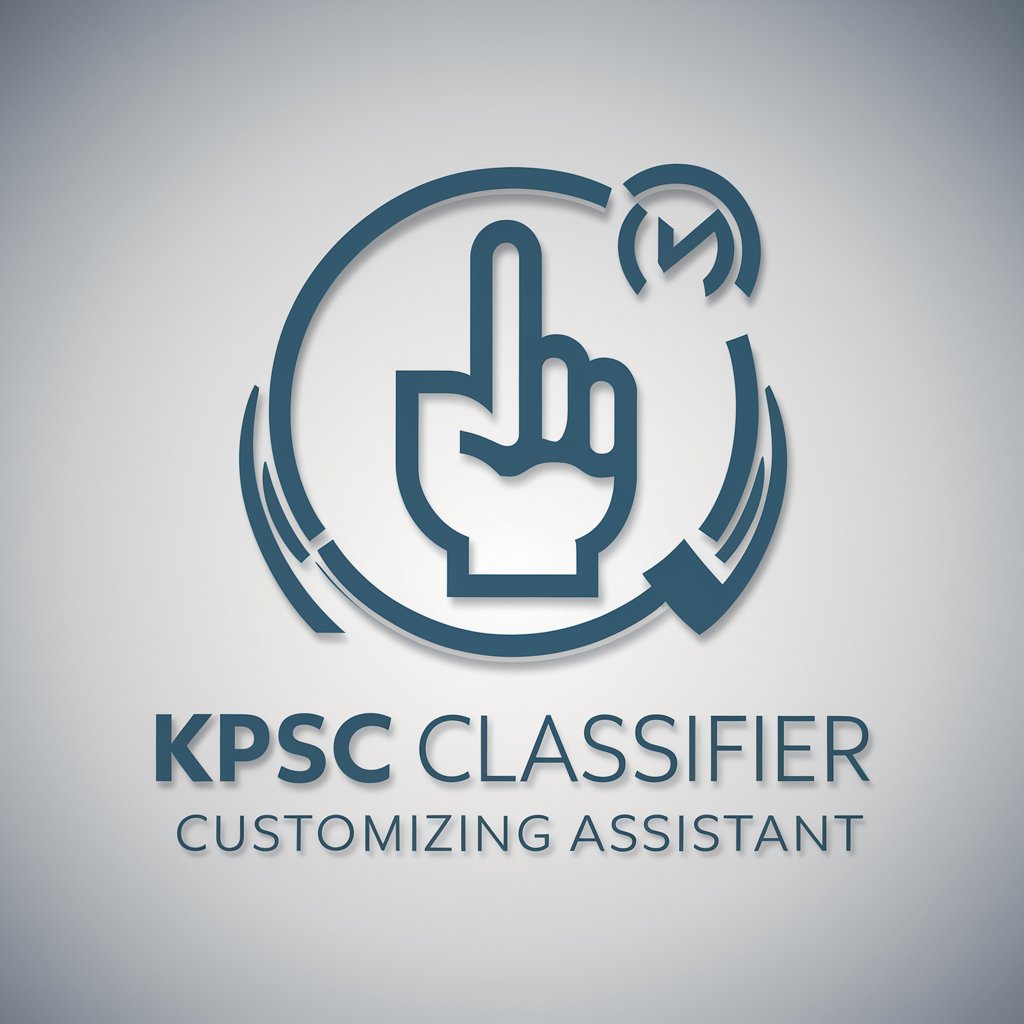
PCR's InfoPoolGPT
Your AI-powered guide to prostate cancer information.

Assistant Site Web
Powering interactions with AI precision
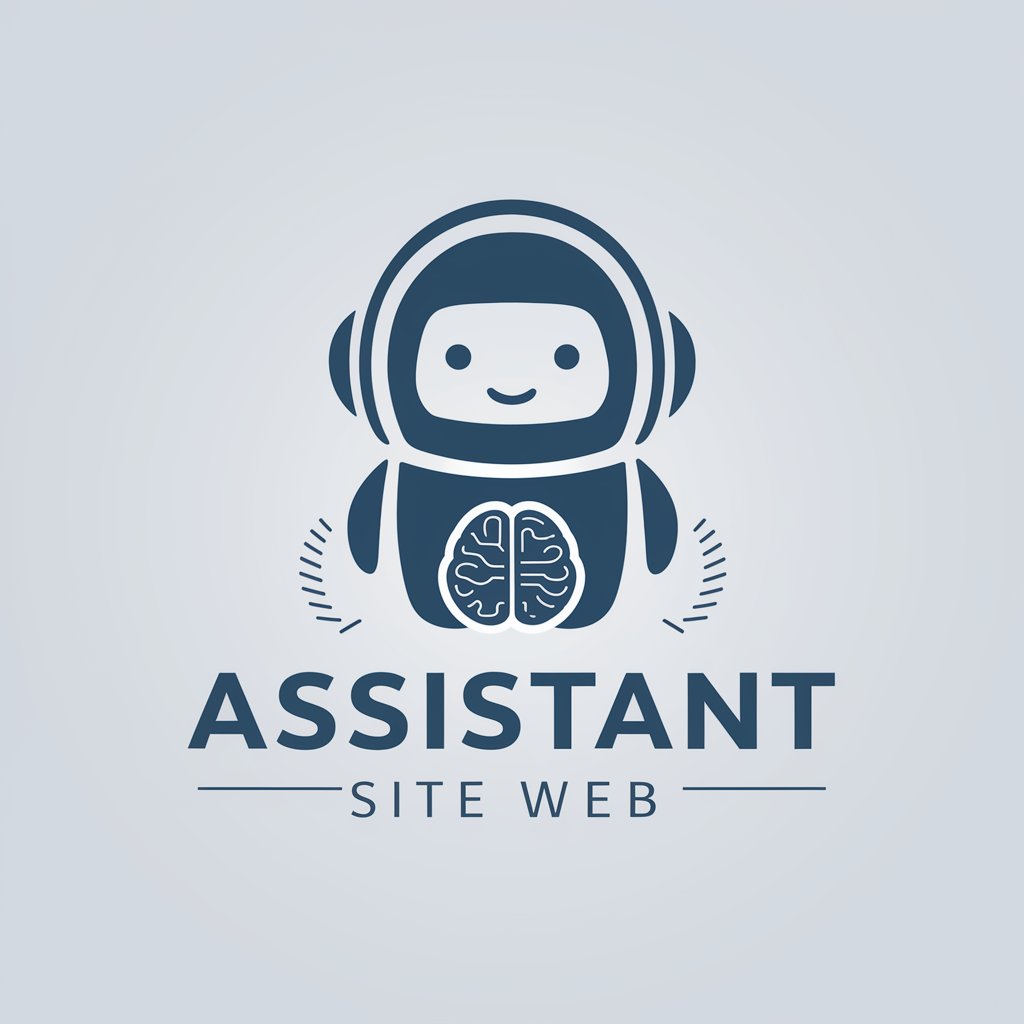
SemantIQ - Semantic SEO
Elevate SEO with AI-powered Semantics

OSAMA SEMANTIC
Elevate your content with AI-powered semantic structuring.
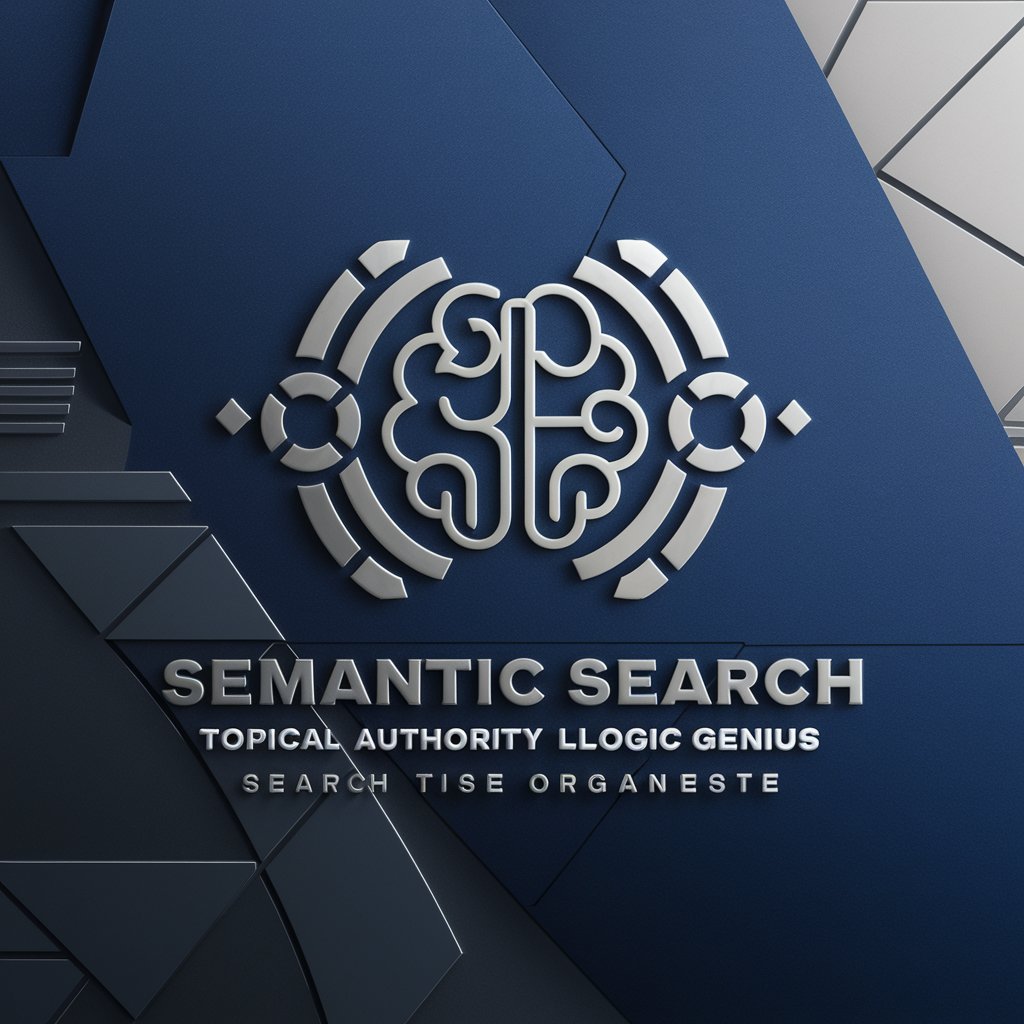
Content Writer for Semantic Optimization
Empower your words with AI-driven optimization.

RPG Armory Architect
Forge Your Adventure with AI

Warcraft Guide
AI-powered WoW Class and Strategy Guide

Shutter Guide Personalized
Tailoring Your Shots with AI

Semantic SEO Strategy Q&A
What is Semantic SEO Strategy?
Semantic SEO Strategy is an AI-powered tool focused on optimizing web content for search engines through understanding semantic relevance and entity relationships within content.
How does Semantic SEO Strategy enhance website visibility?
It analyzes and suggests improvements based on contextual relevance, aiding in crafting content that resonates both with search engines and user queries.
Can this tool help identify gaps in my content?
Yes, it specializes in finding topical gaps and areas lacking in-depth information, guiding users to create more comprehensive and authoritative content.
Is Semantic SEO Strategy suitable for all types of websites?
Absolutely. It's adaptable across various domains, whether e-commerce, informational sites, or blogs, enhancing each site's unique semantic web presence.
Does it require SEO expertise to use?
No, it's designed with user-friendliness in mind, making it accessible for both SEO professionals and novices looking to enhance their online content's effectiveness.